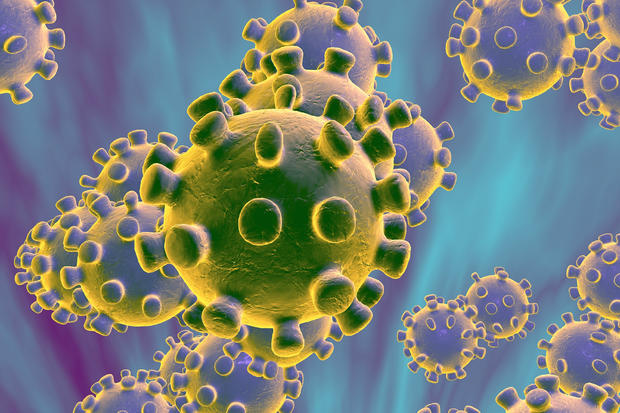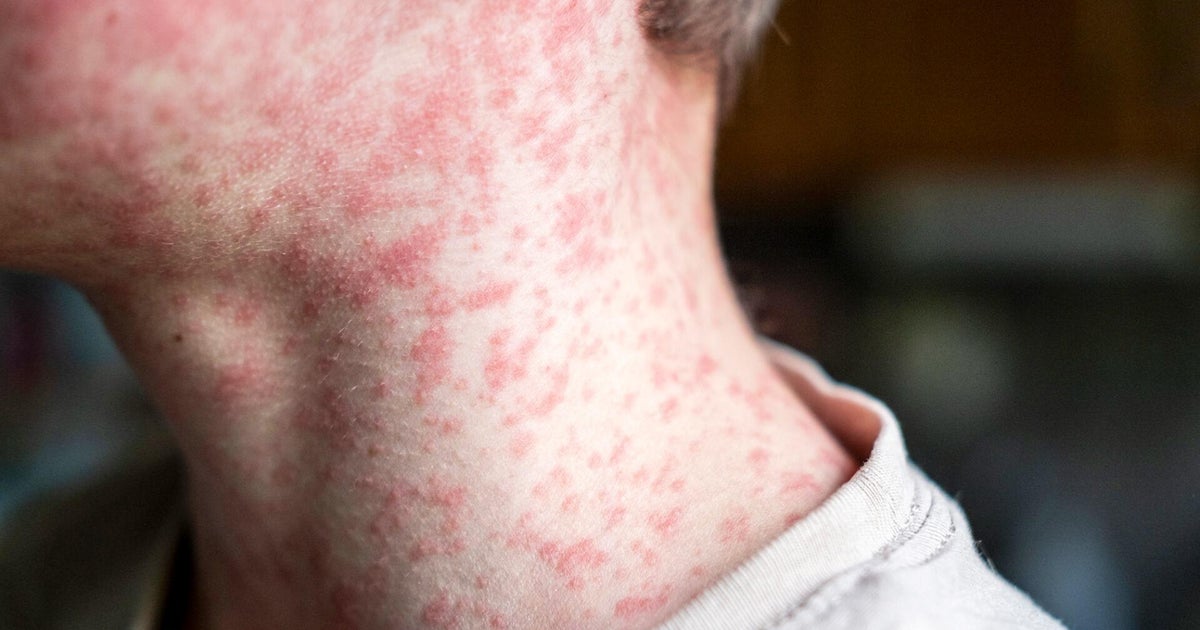What Is A Coronavirus?
(CBS) -- A coronavirus is a common infection that almost everyone gets at least once in their life. So is there a reason for residents here in the U.S. to be concerned about a new coronavirus from China? Here's what you need to know.
U.S. public health officials say the current risk here is low. "I don't think this is something the United States public should be worried or frightened about. But they should know that we are taking this, obviously, very seriously as it evolves," says Dr. Anthony Fauci, director of the National Institute of Allergy and Infectious Diseases.
READ MORE:
- Passenger With Flu Like Symptoms Escorted Off Plane At BWI, Did Not Meet Coronavirus Testing Criteria
- Virginia Investigating 3 Possible Coronavirus Cases
- With Coronavirus Cases Growing, Johns Hopkins Specialized Unit Prepared To Take Patients
- As Deaths Surge, Maryland Doctors Work On Vaccine To Stop New Coronavirus Outbreak
Human coronaviruses are a large family of viruses that have been around for decades. They can cause mild illness and symptoms like runny nose, headache, cough, sore throat, and a fever.
Two newer coronaviruses, SARS and MERS, have been known to cause severe illness including pneumonia and bronchitis and can be deadly.
The CDC says it's too early to draw conclusions about how severe this new coronavirus, but older people and those with compromised immune systems seem to be more at risk. "It's a virus that hasn't been seen before. Anytime there's an emergence of an entirely new virus we're concerned and we want to investigate," says Dr. Nancy Messonnier from the National Center for Immunization and Respiratory Diseases at the CDC.
The current outbreak is suspected to have started at a food market in Wuhan, China that sells animals. Preliminary research suggests this new coronavirus was first passed to humans from snakes or bats. According to Dr. Messonnier, "We are getting new information hour-by-hour and day-by-day so the situation is very fluid, but the information we have so far is that the incubation period is around two weeks."
Health officials say to prevent the spread of the virus, do the same things you do to prevent the flu: wash your hands often with soap and water, and avoid close contact with people who are sick.








